I am looking for free directions for doing some simple smocking. I want to use some smocked fabric as an embellishment on a blouse .. either the front bodice pieces or the wide, inset empire waist. I am looking for the type of smocking that are simple, large alternating “diamonds” and am thinking of putting a bead or button where the smocking stitching is. Haven’t smocked since my daughter was a baby and my “baby” is 41!! So, knowledge is buried too deep. Any suggestions on websites? Thanks.
Conversational Threads
Threads Insider
Get instant access to hundreds of videos, tutorials, projects, and more.
Start Your Free TrialAlready an Insider? Log in
Conversational Threads
Highlights
-
Sign up for the Threads eletter
This site is protected by reCAPTCHA and the Google Privacy Policy and Terms of Service apply.See all newsletters -
 Sponsored Content
Sponsored Content
Where to Buy
-

-

-

-


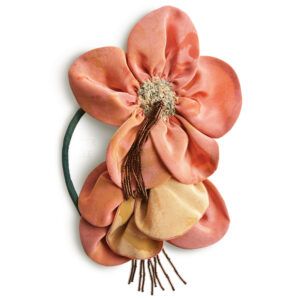
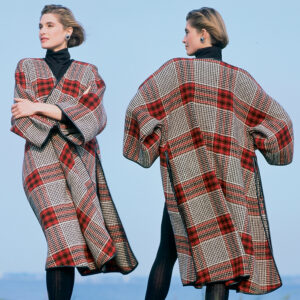
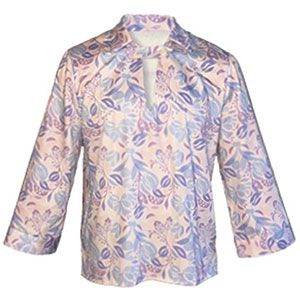

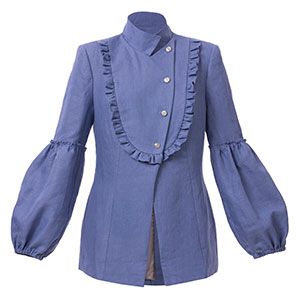

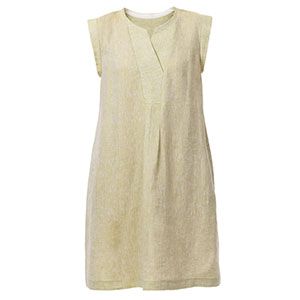
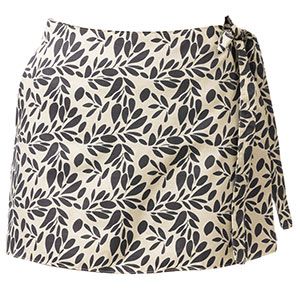
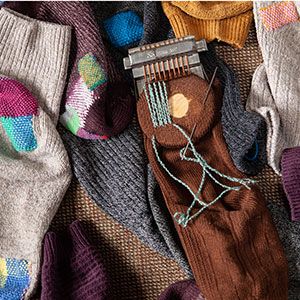

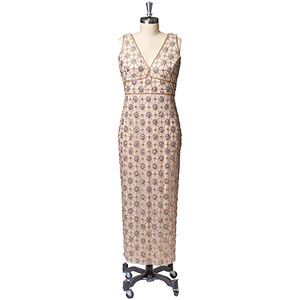


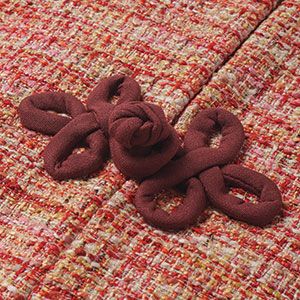




Replies
Until a knowledgeable member posts to you, and I'm certain there are many in the group, consider opening the following Google page for starters.
http://www.google.com/search?hl=en&ie=ISO-8859-1&q=smocking+only+how+to+do&btnG=Google+Search&aq=f&oq=
nepa
Have you tried Googling for smocking instructions?
I've found a couple of sets of wonderful instructions ... however, they both start at the point where the fabric is pleated. So, there is no way to know if they used a "pleater" board .. the accordian looking board .. or another method and how deep the pleats are. Secondly, they seem to be (hard to tell w/out exact measurements) producing the kind of smocking I want, but for the bodice on a baby dress. I haven't seen any instructions on how to increase the scale. May end up that I have to play w/the instructions until I get the scale I want. Marlene
A thought came to me. As I remember, before the arrival of pleaters, early smocking patterns came as a transfer sheet with aligned dots. The spacing, if memory serves, differed a bit depending on the stitch. Might you be able to make yourself a grid?
nepa
Greetings, foxfyreutk! There was a large miscellaneous thread from a couple of months back - one of the items discussed was the old smocking pattern transfers, and how to replicate them. The relevant part starts at post 9372.39. You may want to look for an old pattern with smocking, that will probably include much better directions, and maybe even a transfer. Member Gail (gailete here) sells old patterns (her sigline includes several websites - you can find them all here: post 9610.13), as do many many others - Google is your friend! Good luck in your hunt - it can be very frustrating to find only step 4 when you need 1, 2 AND 3!Bright Blessings!
Kharmin
Your post is most informative. Most surely foxfyreutk will read it if she scrolls through.
My need to want to do smocking diminished some years ago. I posted my thought in the hopes it would help the original ISO.
nepa
I do hope she sees it - I must have hit "Reply" to the wrong post!Bright Blessings and Happy Monday to you, too! Kharmin
>> ... hit "Reply" to the wrong post! << BTDT more than a few times.
Thank you for the blessings wish. Those are a comfort. 24/7/365
nepa
My mother used to do beautiful smocking and she pleated the fabric first by hand. She said that that was the most tedious part. She would run parallel rows of 1/4" long stitches - getting them exactly side by side and about 1/2" apart and then pull them all up to gather at once. I an remember her telling us to leave her alone while she got it done. This was before the iron on dot thing that she thought was a wonderful invention.
Your mother "telling us to leave her alone while she got it done" is a precious memory! To this day, I can't figure out how our mother made all of the clothes for all of her eight children while we were busy asking her questions about homework, lost toys, life problems or food, or just running all over, teasing each other unmercifully. She never asked us to leave her alone--probably because it wouldn't have worked--yet her work was beautifully done. Truly an inspiration that I try to remember when I'm frustrated at my sewing machine!
This post is archived.